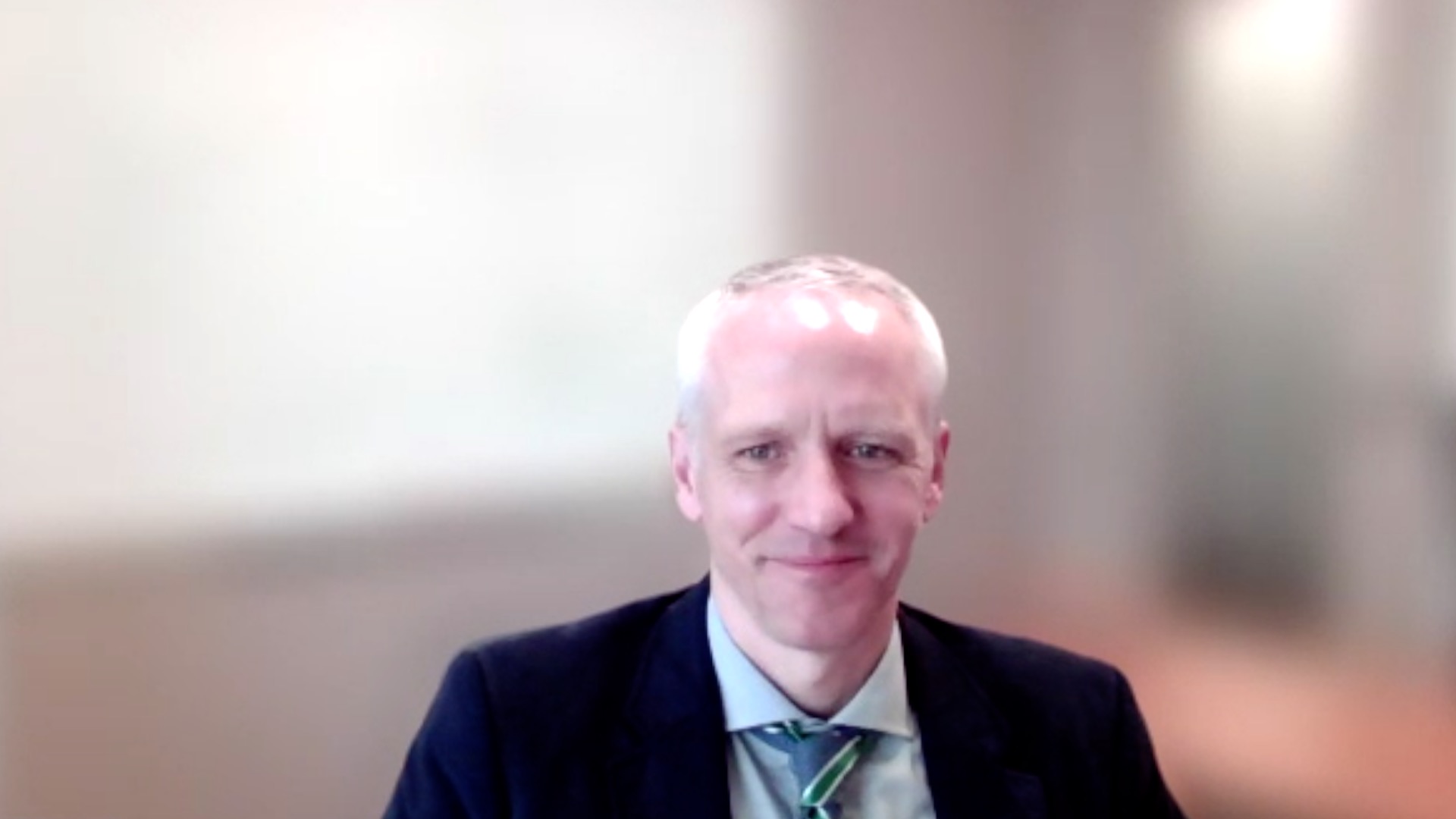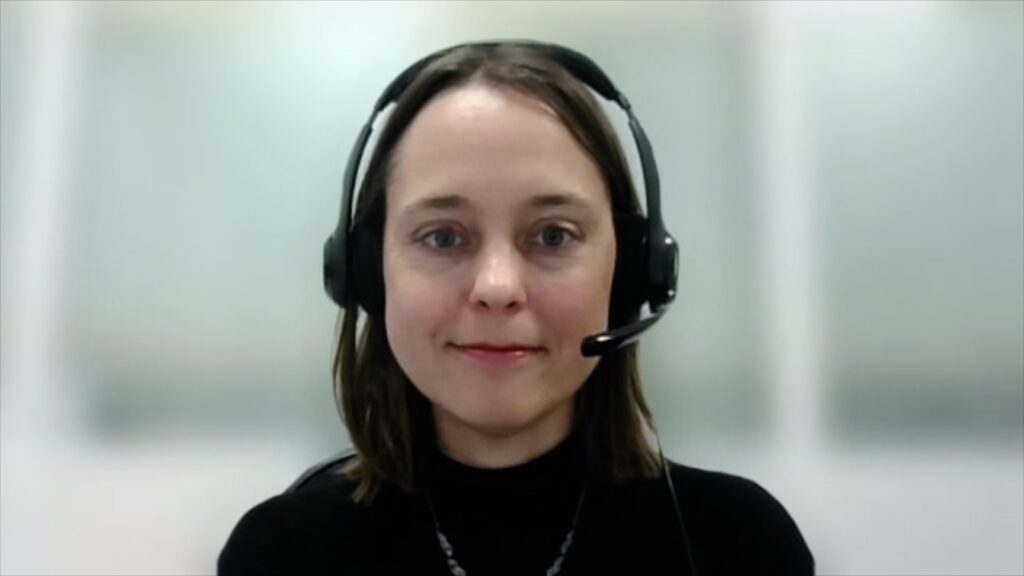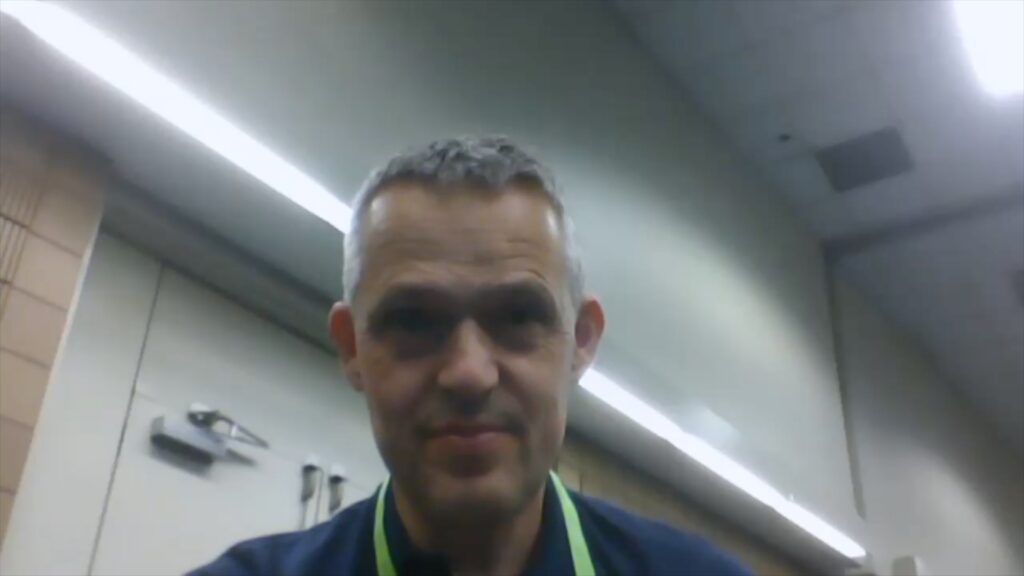Professor Pamela Kearns (Director, Cancer Research UK Clinical Trials Unit, UK) discusses some of the most important clinical trials she is currently involved with in the field of paediatric oncology. She includes:
The Glo-BNHL trial, which is the largest platform trial in paediatric and adolescent relapsed and refractory B-cell malignancies globally (0:32)
INTER-EWING, a clinical trial for Ewing’s Sarcoma that will be a follow-on from the practice-changing Euro Ewing 2012 trial (01:35)
BIOMEDE-2, biological medicine for diffuse intrinsic pontine glioma (DIPG) rradication 2.0 (NCT05476939) (02:35)
CONNECT, a collaborative network clinical trials in high-risk pediatric brain tumors (03:00)
Disclosures: The clinical trials mentioned above are funded by Cancer Research UK and Fighting Kids Cancer.
Support: Interview and filming supported by Touch Medical Media Ltd. Interview conducted by Sophie Nickelson.
Additional resources
See more content on paediatric oncology here
Transcript
I’m Pam Kearns. I’m Professor of Paediatric Oncology at the University of Birmingham. And I’m the Past President of SIOP Europe.
Please summarize some of the most important clinical trials in paediatric oncology that you are currently involved with. (00:14)
In Birmingham, our Cancer Research UK Clinical Trials Unit, we’ve got a number of trials in evolution that are part of the SIOP Europe community. One is a trial called Glo-BNHL, which we hope to launch towards the end of this year. The chief investigator is Amos Burke, from Cambridge, and it’s a collaboration with ITCC, and also EICNHL, which is the European non-Hodgkin’s Lymphoma Group. And this is a platform study trying to investigate new innovative ways of treating relapse non-Hodgkin’s lymphoma. And because that’s such a rare disease, we’re having to do this as a global collaboration. So we’re working very closely with our US colleagues in the Children’s Oncology Group. And again, the pipeline of drugs coming into this disease are all being developed by industry. So again, the trial is a major partnership with industry. So you’ve got a great collaboration between international clinical academics with expertise in the field, the trialists and methodologists and industry. And again, at the heart of all this, the patients’ voice, we’ve got fantastic patient advocacy that are part of the trials. That’s one of our, I think one of the most exciting studies that we’re running at the moment. Another study that I’m very excited that we’re going to launch this year is in Ewing sarcoma. This is a European collaboration building on the previous study led by Bernadette Brennan, called the Euro Ewing 2012. And that study had some practice-changing outcomes where we demonstrated the best backbone treatment for children with Ewing’s sarcoma. And we’re building on those results into the next study, which is called Inter-Ewing’s. And we want to ask more questions about how to better improve outcomes with Ewing’s introducing more innovative treatments into the standard treatments of Ewing sarcoma. And it’s bringing together that European collaboration that we built in the original studies. I’m very excited that that will get opened, hopefully, very soon. Obviously, children’s brain cancers are an area that we need much more clinical research in Europe. And I’m really excited that we are participating in the UK in two studies, one that’s being led from Europe and one that’s being led from the US. And we’ve just very recently found out that we’ve received the funding to be able to bring UK into the partnership. And the first one is called BIOMEDE 2 – it’s an extension of BIOMEDE 1, which is for a really devastating brain cancer called Diffuse Intrinsic Pontine Glioma, and it’s a study that’s led by the Institute “Gustave Roussy” in Paris. And that it’s serially testing brand new innovative drugs based on the biology of Diffuse Intrinsic Pontine Glioma. So I hope now that we have the funding in the UK, we’ll be able to launch that study in the not too distant future. And the other one is a partnership we’re setting up with a United States consortium called CONNECT, and they have a portfolio of studies in brain tumours. They were hoping to collaborate with ITCC and bring these studies into our European network. And we’ve just received funding for the first one of those to be able to participate in the UK. So it’s really exciting to increase the opportunities for new innovations for young children and young people with brain tumors.






